
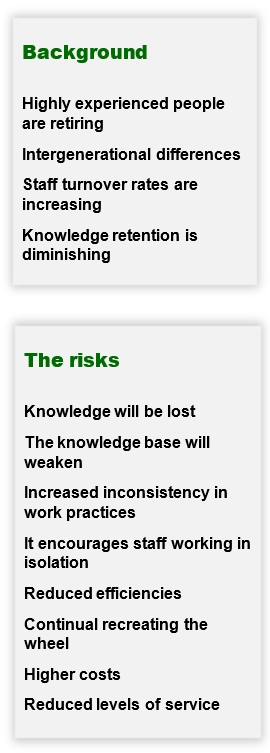
Introduction
We have entered a period where vastly experienced staff are retiring.
This group—the silver tsunami, aka the baby boomers—was involved in developing a significant part of today’s base infrastructure. They are vastly experienced, disciplined, and have strong work ethics with a structured approach to how they operate.
They are now handing over to generations who value workplace freedom, embrace a hands-off management philosophy, dislike an authoritative approach, and are prone to job hopping.
The latest Infometrics Infrastructure Pipeline Profile shows that average infrastructure investment across the country is expected to be 28% higher over the next 10 years compared to the 2010-2018 period. A total of $129 billion in capital projects is estimated to be built over the 2019-2029 period.
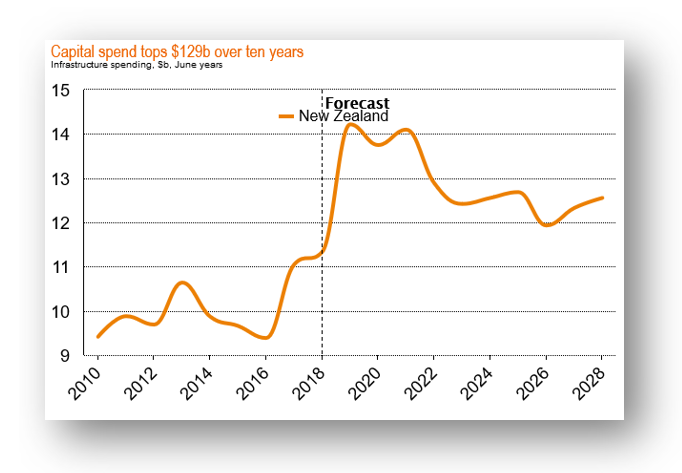
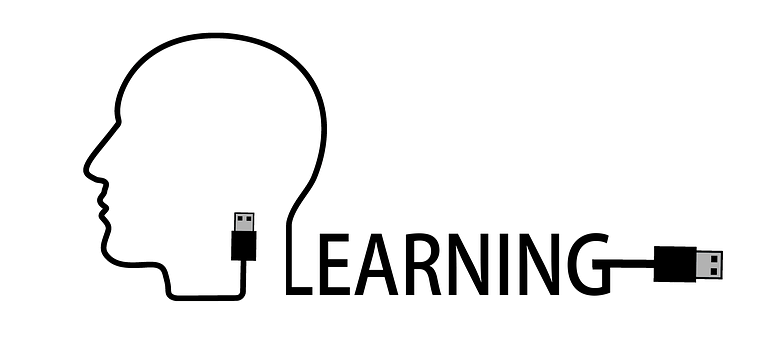
This is a significant increase of capital projects on previous years.
Add to this the fact that 7% of Kiwi graduates in 2017, studied engineering while it is believed this number needs to be closer to the OECD average of 12% if New Zealand was to make up for the skills shortfall.
Most graduates will end up in construction with less staff to operate and maintain existing and new infrastructure.
Staff turnover rates are increasing, and we don’t get the opportunity to pass on the experience from experienced to inexperienced staff.
There was a time when staff would stay with one employer until retirement. This is no longer the case as employers today face higher turnover rates than ever before.
The failure to retain and transfer institutional knowledge may result in increased staff turnover and further loss of knowledge, translating into higher costs and lower efficiencies.
Organisations spend a lot of time and resources developing knowledge and capability. Some gets translated into procedures and policies, but most of it dwells in people’s heads.
People take new jobs, relocate, or retire, and in the process, that expert knowledge is lost.
The knowledge base also deteriorates as new executives restructure or deploy a new agenda, which does not build on earlier knowledge.
There is a lack of drive to capture institutional knowledge – it is never a priority. There are always more important issues to resolve or tasks to complete.
Capturing information and developing Manuals and Standard Operating Procedures are not exciting parts of engineering.
We are all familiar with memory loss at an individual level and know that the individual’s memory is fragile.
It is time we acknowledge that the organisational memory is also fragile, and we need to actively preserve it to reduce the associated risks.
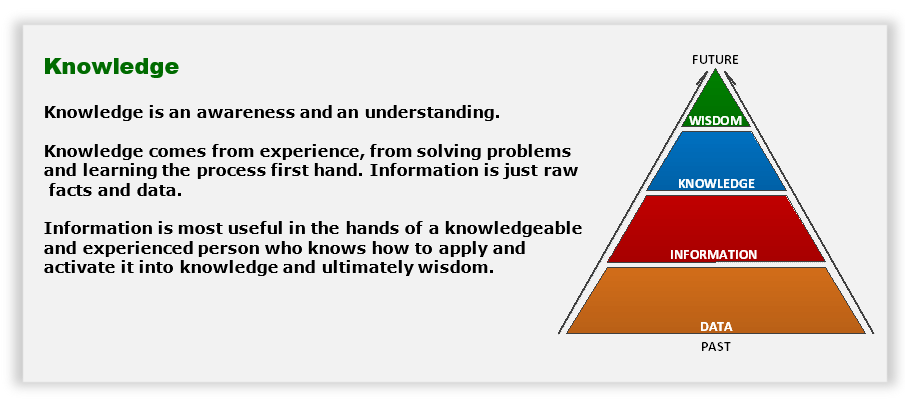
Capture It!
Develop procedures that help less experienced staff know where to start and what questions to ask along the way.
As new staff are introduced, there is little documentation to guide their thinking and ability to perform everyday tasks.
This places an additional burden on more experienced staff to field questions or provide guidance.
Without clear, documented processes, the ability to respond to issues is affected.
When there are no clear, documented processes for staff to reference and guide their decisions, it provides fertile ground for inconsistent work practices and does not align with the perceived expectations of or for staff.
Losing knowledge affects how the Council govern, manages, operates and communicates. This affects not only internal staff but the whole community and gradually reduces the Council’s ability to provide agreed Levels of Service.
The lack of documented processes encourages staff to work in isolation. Defining and documenting a process provides a means of linking different actions together, enabling staff to understand better how their actions impact others. For example, design/subdivision decisions have a lifecycle implication, as Council must maintain vested assets and/or deal with issues that may not have been identified at the time of subdivision.
Communication is essential for the internal functioning of any organisation. Formal documented processes provide the foundation of communication within the workplace.
It is the starting point and encourages innovation as staff are aware of what processes exist, and regular referencing or review of processes enables staff to think of ways to improve current processes.
“We are drowning in information but starved for knowledge” – John Naisbitt
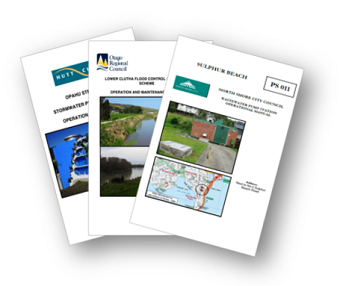
Develop a suite of Manuals and Standard Operating Procedures – Administrative and Business Process Manual, Facility Manuals & Network Manuals – capture the technical and operational information.
Acknowledge the intergenerational differences – old-school baby boomers prefer hard-copy files, while millennials use smartphones or anything with a screen that can be swiped.
Each has different ways of finding, recording, and sharing information.
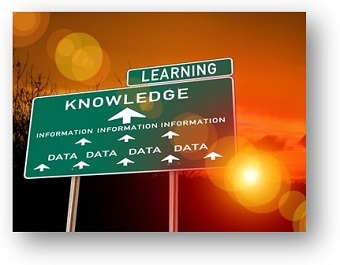
Develop a tool that is used regularly/daily by staff, containing all relevant information, empowering staff to perform their daily tasks with minimal supervision, enabling referencing, staff guidance, and informed decision-making, and contributing to an effective and efficient service.
It is greater than just a document – it is a knowledge base but start with a hard copy document and move forward from there.

